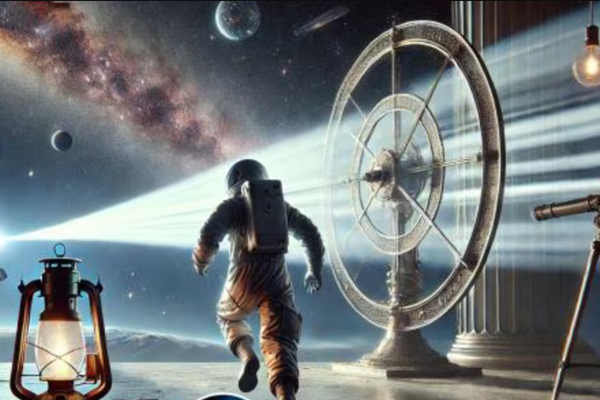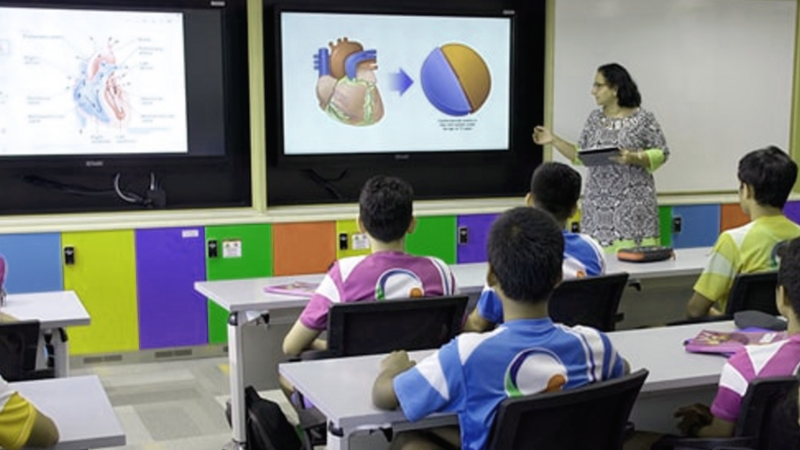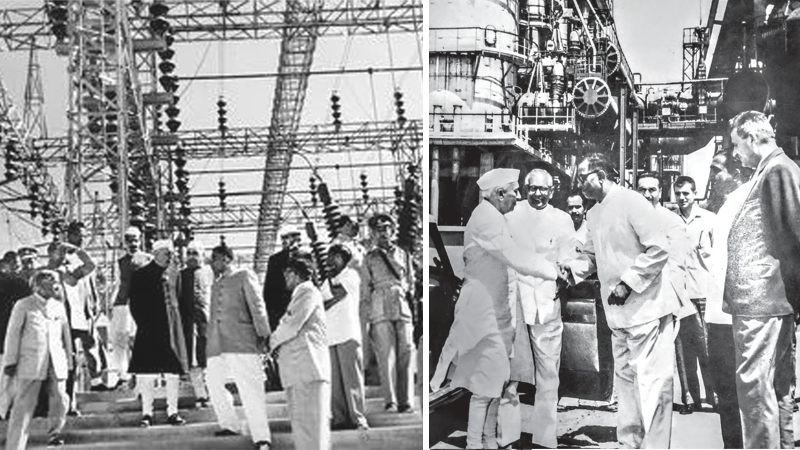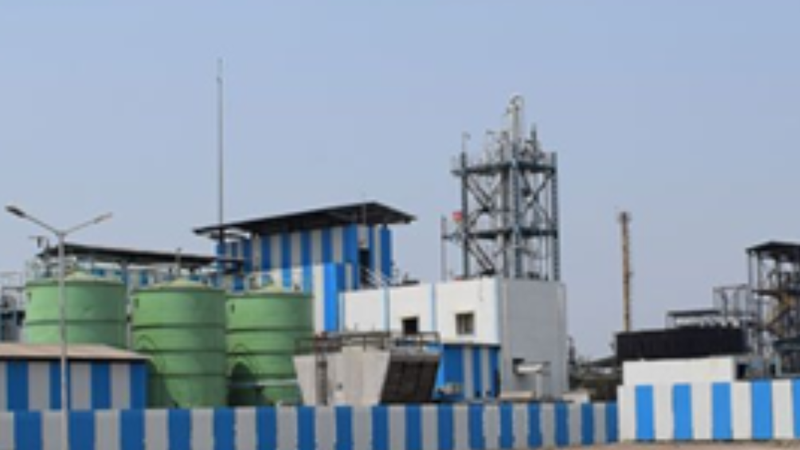Crony Capitalism and the Shrinking Space for Small Enterprise
Editorial
Why 17 October Matters: The Enduring Legacy of Sir Syed Ahmad Khan
Today, 17 October, marks the birth anniversary of Sir Syed Ahmad Khan (1817–1898), a day that invites us to reflect on the legacy of a visionary who forever altered the course of modern Indian history. In an era defined by political turmoil and cultural anxiety for Indian Muslims after the 1857 rebellion, Sir Syed emerged as a beacon of rational thought and progressive action . His enduring contribution was a simple yet radical idea: that the future of his community depended on embracing modern education and scientific reasoning.
Sir Syed was far more than a social reformer; he was a pragmatic architect of the future. Witnessing the marginalization of Muslims, he diagnosed the root cause as an educational disconnect. While remaining a devout Muslim, he championed the integration of Western scientific knowledge with traditional learning, arguing that Islam was perfectly compatible with reason and science . This philosophy was not confined to theory. In 1875, he transformed his vision into brick and mortar by founding the Muhammadan Anglo-Oriental College in Aligarh, which would later blossom into the prestigious Aligarh Muslim University (AMU) . This institution became the primary vehicle for a Muslim renaissance, producing generations of leaders, intellectuals, and nation-builders.
His work, however, was not without opposition. He faced fierce criticism from orthodox sections for his modernist interpretations of Islam and his advocacy for engagement with the British Raj . It is crucial to understand that his stance was not one of subservience but of strategic pragmatism. He believed that acquiring modern education and English was essential for Muslims to regain their socio-economic standing and navigate the new political realities . This pragmatic outlook later influenced his political philosophy, leading him to articulate the idea that Indian Muslims constituted a distinct community, a concept that would profoundly influence the subcontinent's political trajectory.
On this day, Sir Syed’s legacy is not a relic of the past but a living, breathing imperative. In a world still grappling with the tensions between tradition and modernity, his life reminds us that enlightenment is born from courage—the courage to learn, to adapt, and to build bridges of understanding. As we remember him, the best tribute we can pay is to reaffirm our commitment to the power of education, rational discourse, and the unwavering pursuit of knowledge.
Mother Teresa: The Day Humanity Was Honoured
On this day, 17 October 1979, the Nobel Peace Prize was awarded to Mother Teresa — a moment that transcended borders, faiths, and ideologies. It was not merely a recognition of one individual but a tribute to the boundless compassion she embodied. At a time when the world was torn by political divisions, wars, and growing materialism, the Nobel Committee chose to honour a frail woman from Calcutta who carried no weapon, led no army, but fought the fiercest battles against poverty, neglect, and human suffering.
Mother Teresa’s work with the Missionaries of Charity was not confined to India; it was a global call to conscience. Her belief that “peace begins with a smile” became a moral compass for a fractured humanity. She served the destitute, the dying, and the abandoned with an intensity that redefined the meaning of service. Her life was a sermon on the power of small acts done with great love — a lesson the modern world often forgets in its pursuit of power and progress.
Critics may debate her methods or her faith-driven mission, but few can deny the transformative effect she had on how the world perceives compassion. By awarding her the Nobel Peace Prize, the committee elevated humanitarianism above politics. It sent a timeless message — that peace is not born in treaties or conferences, but in the quiet service to human dignity.
Forty-six years later, Mother Teresa’s message remains as urgent as ever. In an age of conflict and indifference, her life reminds us that true peace begins not in power, but in empathy — in the courage to see the divine in the poorest of the poor.
Electoral Rolls and Electoral Faith — Bihar’s Test of Democracy
The Supreme Court’s decision on October 16, 2025, to adjourn the hearing on the Bihar electoral roll controversy to November 4 has left the issue delicately poised between legal scrutiny and electoral urgency. The case, brought by the Association for Democratic Reforms (ADR), questions whether the Special Intensive Revision (SIR) of Bihar’s voter rolls was conducted fairly — especially after the alleged exclusion of 3.66 lakh voters, many from minority communities.
While the Election Commission of India (ECI) has firmly denied any wrongdoing, asserting that deletions were part of routine data corrections, the controversy goes far beyond statistics. In a democracy, a voter’s name on the roll is not a bureaucratic entry — it is the essence of citizenship and equality. Even a perception of bias in voter exclusion can erode public trust in the very foundation of free and fair elections.
The Supreme Court’s faith in the ECI’s institutional credibility is reassuring, yet it must be matched with transparency. Publishing the list of deleted names, as requested by ADR, would strengthen the ECI’s claim of impartiality and help restore confidence among voters. After all, transparency does not weaken institutions — it fortifies them.
With Bihar’s assembly elections around the corner, the timing of this issue is critical. Any unresolved doubts about voter rolls risk politicizing the process and alienating sections of society. The upcoming hearing offers an opportunity to reaffirm that electoral integrity must coexist with inclusivity.
India’s democracy stands tallest when every citizen, regardless of faith or identity, feels assured that their vote counts. Bihar’s voter roll case is more than an administrative dispute — it is a reminder that the strength of democracy lies not in numbers alone, but in trust.


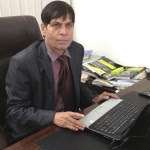 SAS Kirmani
SAS Kirmani
